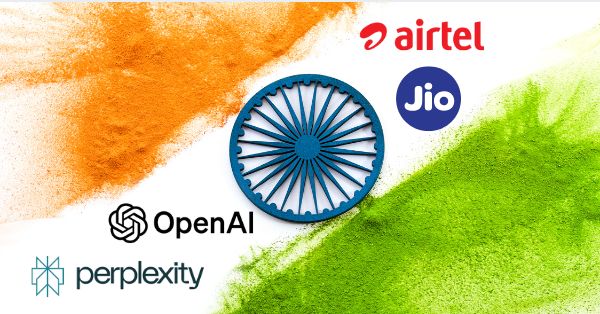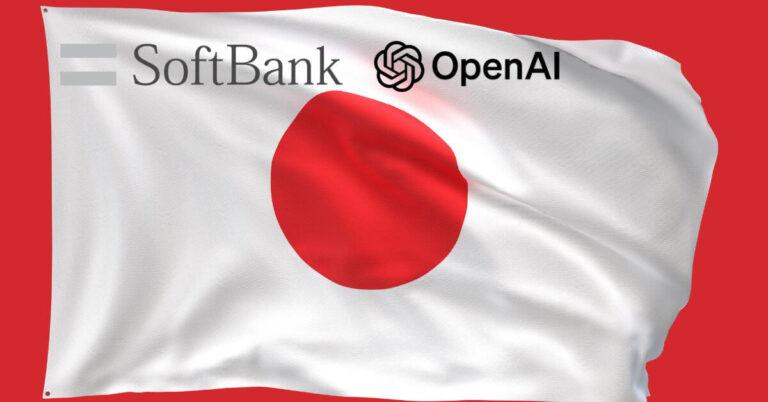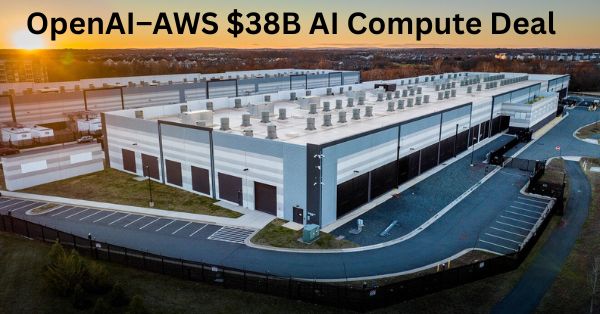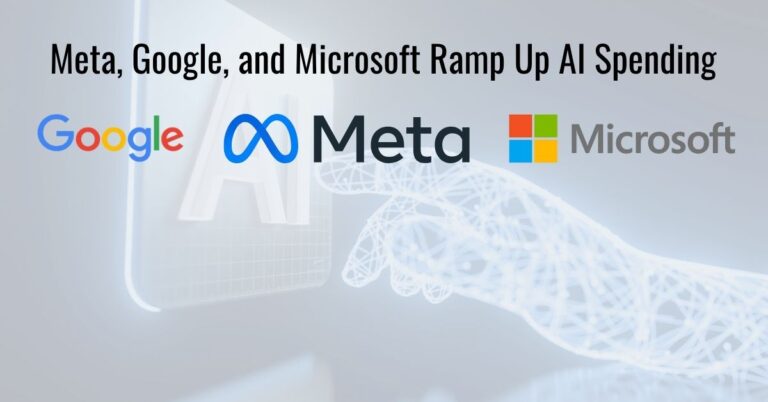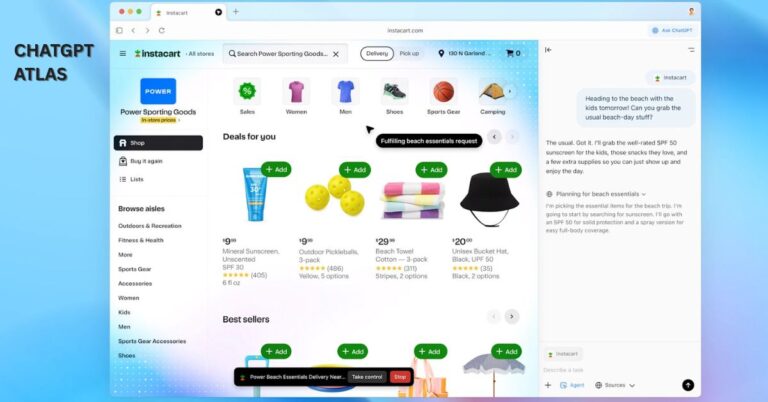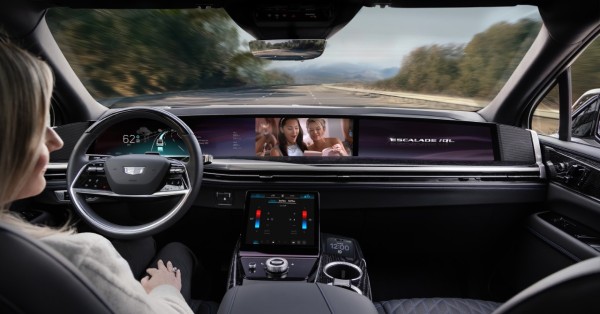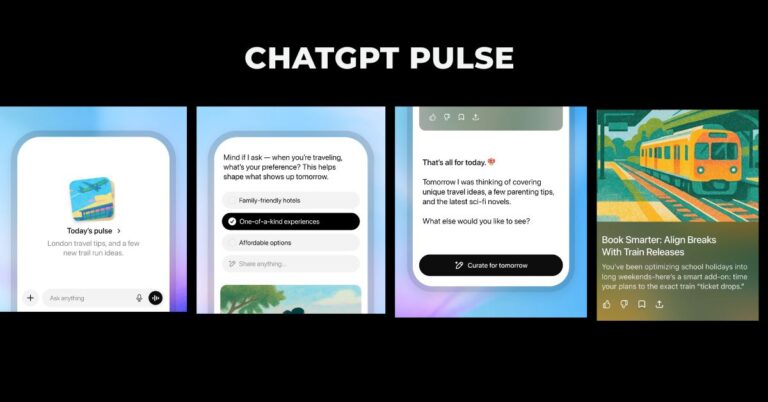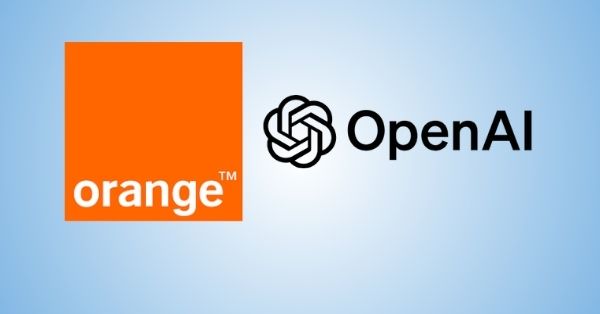- Tech News & Insight
- November 11, 2025
- Hema Kadia
A cascade of offers from OpenAI, Google, and Perplexity—amplified by Airtel and Reliance Jio—signals a deliberate push to convert India’s scale into durable AI usage, data, and future revenue. With more than 900 million internet users, rock-bottom mobile data prices, and a young, mobile-first population, India offers the world’s deepest top-of-funnel for AI adoption. Giving away premium access—such as a year of ChatGPT’s low-cost “Go” tier, Jio’s bundling of Gemini, or Airtel’s tie-up with Perplexity Pro—maximizes trial, habituation, and data collection across diverse languages and contexts. Even a low single-digit conversion rate translates into millions of subscribers, while non-converters still contribute valuable signals that improve models.



